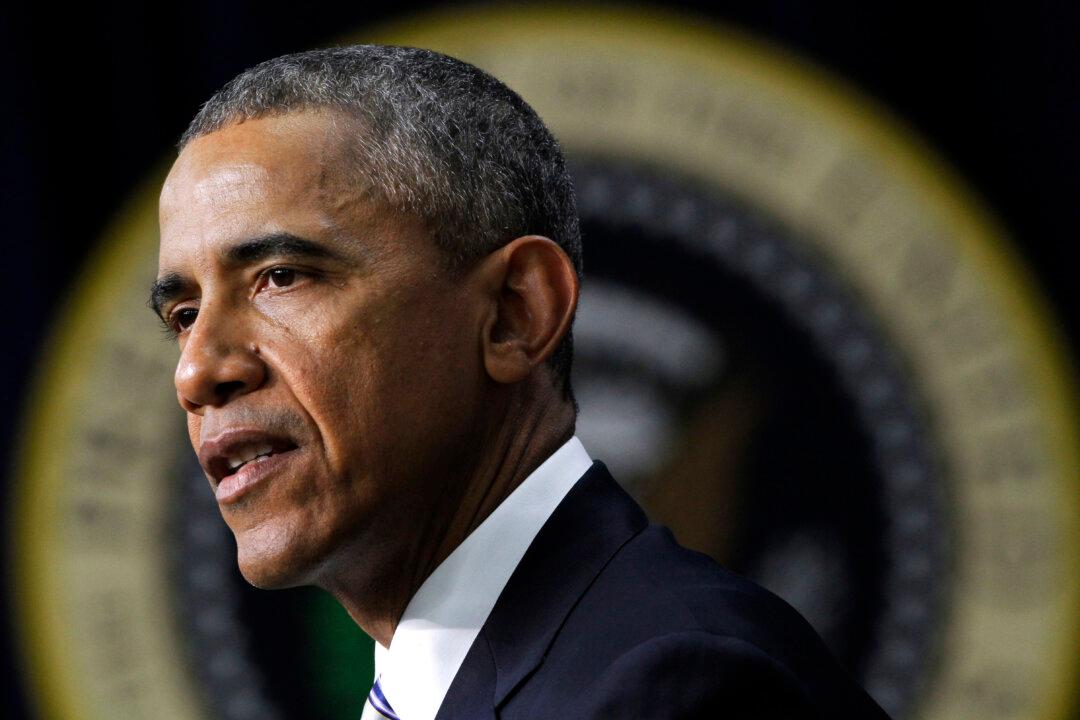In remarks delivered Wednesday before a White House summit on counter-terrorism, President Barack Obama stressed the importance of working with Muslim-Americans to fight terrorism motivated by Islamic extremist ideology.
Law enforcement officials and community leaders from across the country are expected to share best practices at the summit that kicked off Wednesday, in addition to representatives from over 60 countries.
Obama called on the Muslim community to help counter the propaganda disseminated by extremist groups like al Qaeda and ISIL, who state that they are holy warriors in the Islamic war against the West.
“We should not grant them the religious legitimacy,” Obama said. “They are not religious leaders. They are terrorists.”
The president pointed out the extremist groups’ skills at using social media to spread their message to young Muslims, and urged local clergy to promote the peace inherent in their religion.





